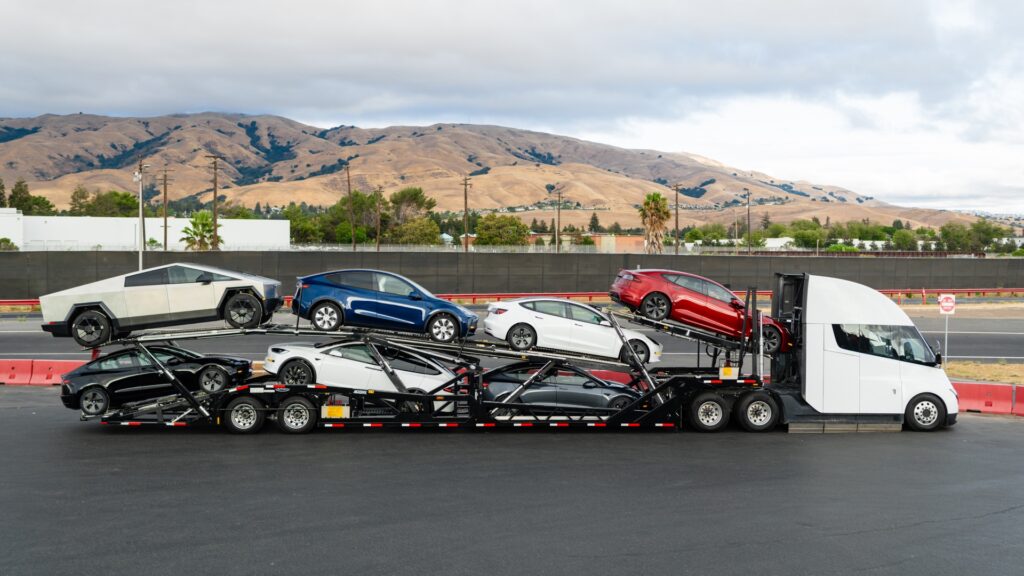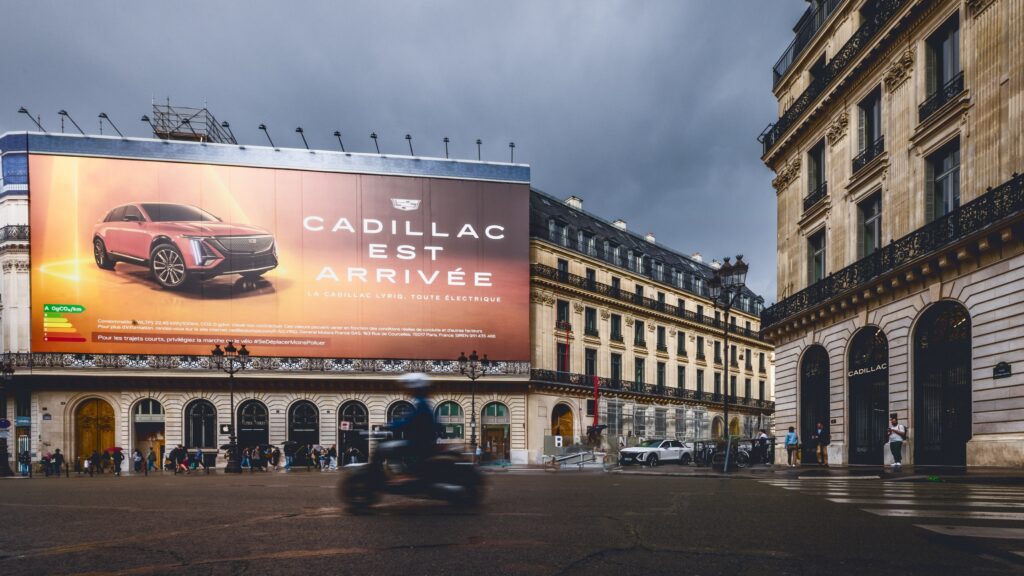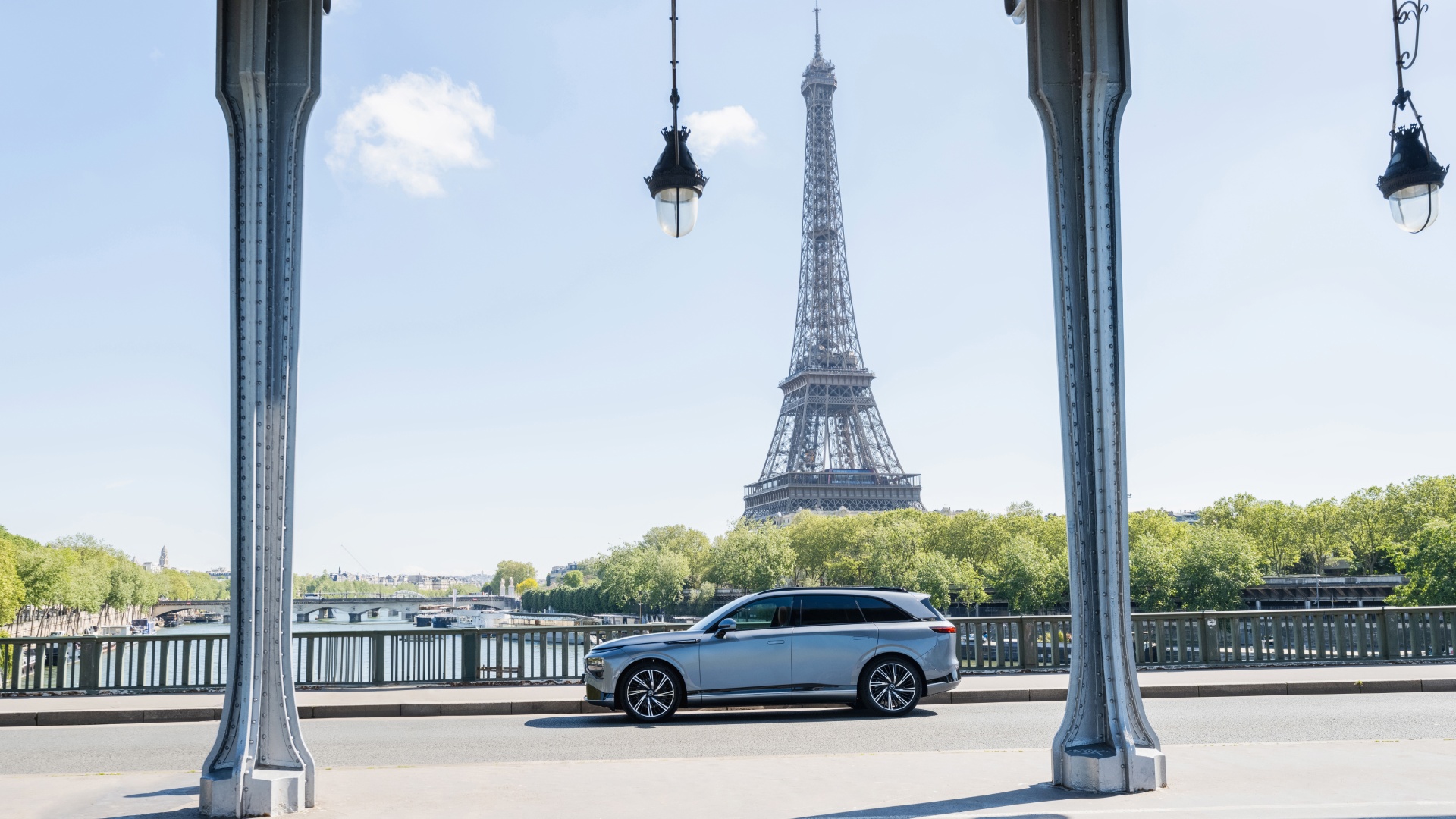The high-end electric car market is very small, but the number of competitors is exploding. This spices up the trade war between the manufacturers, but it also raises questions addressed in the editorial of the Watt Else newsletter of June 20.
Like in the hit series Game Of Thrones (The iron Throne), the electric car market is a power struggle between different clans. The premium segment particularly whets the appetite of young guns, because it is one of the most profitable. All manufacturers therefore want at least a piece of the pie. Even if the battles are a little less bloody than in the series, some brands will not survive.
Advertisement
On the scale of the French automobile market, this war for more high-end electric vehicles is even more epic. It's a real drama to enjoy with popcorn.
Dethrone the leaders of the past
With boldness, Tesla has conquered the world of electric cars in the West. Without the help of a formidable dragon, the American manufacturer has reigned almost unchallenged for several years. Tesla took the opportunity to redefine what could be considered a premium vehicle. This suits the builders on the other side of the wall (in China), who take advantage of the breach thus created.

As is often the case in wars, the first targets of new entrants are the large territories held by historic premium brands. In Europe, they are represented by the triptych: BMW, Mercedes and Audi. If BMW clings quite firmly to its power with the right weapons, it is not necessarily as obvious for the two other brands which must redouble their efforts.
The Lexus and Volvo clans are also threatened by this new electric wave, coming from both the West and the East. Sometimes, it's even a dissident branch of their own clan that could turn against them: this is the case of Polestar, which is attempting a coup to overtake Volvo.
Advertisement
Slow agonies
What would a good series be without tragic deaths? The most recent is that of Fisker. Too bad, I would have seen this role of outsider grow a little in the seasons to come. It joins stillborn projects like Lightyear or Byton, which targeted the same clientele.


Other secondary characters are also in unpleasant situations. American manufacturers, such as Lucid or Rivian, may not even arrive in France. They must first overcome the difficult hurdle of profitability in a slow-moving market. But even well-known names, like Jaguar, could well fail to make the planned transition to 100% electric.
If the Chinese market sees the growth of premium brands in abundance, the fratricidal war taking place there risks quickly eliminating many competitors. Even if these young guns have teeth that scratch the floor, it is not obvious that they will succeed in establishing themselves in Europe, and even less in France.
But new fighters are trying their luck
GM's resounding return to Europe is the most confusing. It is with Cadillac that the American group wants to seduce the French. A fight far from won in advance. A beautiful store in the heart of Paris, inaugurated at the end of May, and high-end electric vehicles not really in line with the European market trend: I don't see how the brand intends to dig its hole.


The Chinese brand Xpeng also launched in France in June. As with other Chinese brands, it will be a long road before we can eat our fill of the premium market cake. Nio should not be long in following, unless the new European customs duties disrupt the startup's business plan. The Polestar brand has confirmed that it will enter the battle in 2025.
Regardless of the country the brands come from, it is not so easy to win the hearts of French buyers. When it comes to putting their hands in their wallets, for a relatively large sum, the French are hesitant to trust. It must be said that even general practitioners now tend to premiumizewhich further complicates the task.
